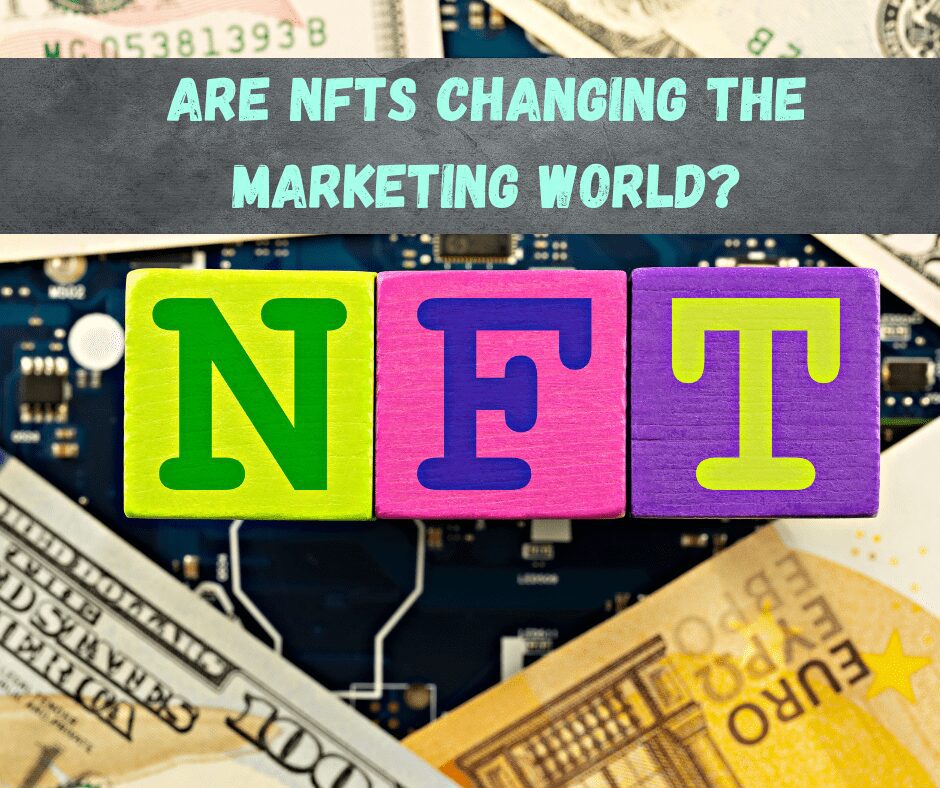Exploring the Revolution in 2025: An In-Depth Look at Cryptocurrency Technologies
Table of Contents
Cryptocurrency, a digital form of money that operates on decentralized networks, has taken the financial world by storm. Powered by innovative technologies such as blockchain, cryptocurrency technologies have introduced new possibilities for secure, transparent, and borderless transactions.
In this article, we delve into the realm of cryptocurrency technologies, exploring their key components, and potential applications.

Blockchain Technology
At the heart of most cryptocurrencies lies blockchain technology. A blockchain is a distributed ledger that records transactions across multiple computers, creating a transparent and tamper-proof record. It operates on a consensus mechanism, where network participants validate and verify transactions, ensuring immutability and security. Blockchain technology enables decentralized control, eliminates the need for intermediaries, and fosters trust in a trustless environment.

Cryptographic Principles
Cryptocurrencies rely on cryptographic principles to secure transactions and protect user identities. Public-key cryptography, also known as asymmetric cryptography, provides a framework for generating public and private key pairs. Public keys serve as addresses to receive funds, while private keys grant access to those funds.
Cryptographic hash functions, like SHA-256, ensure data integrity and immutability, generating unique digital fingerprints for each transaction.
Smart Contracts
Smart contracts are self-executing agreements written in code and stored on a blockchain. They automatically execute predefined conditions when specific triggers are met. Smart contracts enhance the functionality of cryptocurrencies by enabling programmable money and facilitating complex transactions without intermediaries.
They find applications in areas such as decentralized finance (DeFi), supply chain management, and decentralized applications (dApps).
Consensus Mechanisms
Consensus mechanisms play a crucial role in validating and agreeing upon transactions within a decentralized network. Proof of Work (PoW), pioneered by Bitcoin, relies on computational power to solve complex mathematical puzzles, securing the network and validating transactions. Other consensus mechanisms, like Proof of Stake (PoS) and Delegated Proof of Stake (DPoS), select validators based on their stake or voting power, reducing energy consumption and increasing scalability.
Privacy and Anonymity
Privacy-focused cryptocurrencies employ various techniques to enhance user anonymity. Cryptocurrencies like Monero and Zcash utilize advanced cryptographic techniques such as zero-knowledge proofs and ring signatures to obfuscate transaction details and protect user identities. These privacy-enhancing technologies ensure confidentiality while still maintaining the transparency and integrity of the blockchain.
Interoperability and Scalability
Interoperability and scalability are critical challenges faced by cryptocurrency technologies. Interoperability protocols, such as Cosmos and Polkadot, aim to connect different blockchains, enabling seamless data transfer and communication. Layer-2 scaling solutions like Lightning Network and Ethereum’s proposed solutions like sharding and rollups aim to enhance transaction throughput and reduce congestion on the blockchain.
Tokenization and Asset Digitization
Cryptocurrency technologies have revolutionized the concept of asset digitization. Through tokenization, real-world assets such as real estate, art, and intellectual property can be represented digitally on a blockchain. This enables fractional ownership, increased liquidity, and the democratization of investment opportunities. Security tokens, representing ownership in traditional assets, and non-fungible tokens (NFTs), representing unique digital assets, are prominent examples of tokenization.
Future Potential
The potential applications of cryptocurrency technologies extend beyond finance and asset management. They hold promise in areas such as decentralized identity management, voting systems, supply chain tracking, and transparent charitable donations. By leveraging the decentralized nature of blockchain and smart contracts, these technologies have the potential to reshape industries and empower individuals with greater control over their data and finances.
Conclusion
Cryptocurrency technologies have disrupted traditional financial systems, offering secure, transparent, and decentralized alternatives. Blockchain, cryptographic principles, smart contracts, consensus mechanisms, privacy-enhancing techniques, and scalability solutions collectively form the foundation of these technologies.
As the ecosystem evolves, exploring new frontiers and overcoming challenges, cryptocurrency technologies hold immense potential to transform industries, empower individuals, and shape the future of finance and beyond.
-
Crafting a Profitable Crypto Portfolio: Proven Strategies in 2025
In the ever-evolving landscape of cryptocurrencies, building a well-rounded and lucrative crypto portfolio requires careful planning, research, and adherence to proven tactics. Here’s a comprehensive guide on creating a crypto portfolio that maximizes profits while minimizing risks. Strategies for a Profitable Crypto Portfolio 1. Diversification: The major element in the crypto portfolio is diversifying your…
-
Crypto Arbitrage Trading with Top 5 Arbitrage bots
Crypto arbitrage trading is a popular strategy that allows traders to profit from price discrepancies of digital assets across different exchanges or markets. This method takes advantage of the fact that cryptocurrencies can be priced differently on various platforms, providing opportunities for traders to buy low and sell high, thereby pocketing the difference. In this…
-
EToro Review Of world’s largest social investing community in 2025
eToro is the world’s largest social investing community and a popular and trustworthy investing solution for millions around the world. About e-Toro eToro has created a multi-asset investment platform that is built on social collaboration and investor education: a community where users can connect, share, and learn. eToro maintains its excellent reputation by placing great…
-
Exploring Lucrative Career Opportunities in the Cryptocurrency Industry- Crypto Jobs & Portal
The rise of cryptocurrencies has led to a surge in demand for skilled professionals in the cryptocurrency industry. As the market continues to expand, numerous crypto job opportunities have emerged, spanning various sectors. In this article, we will explore some of the key job roles in the cryptocurrency industry and highlight popular crypto job portals…
-
5 Best Metaverse Cryptocurrencies (Crypto Tokens) to Buy
The fascinating world of the metaverse has captivated people for decades, and increasingly, cryptocurrencies are making this dream come true. With the blockchain revolution in full swing and the popularity of metaverse tokens surging 2023 looks to be a great year to consider investing in virtual world crypto coins. In this article, we will explore…
-
What are Crypto Whales and How They Impact the Crypto Market in 2025
The world of cryptocurrencies is a dynamic and ever-evolving landscape, with various participants shaping its course. Among these participants, there are individuals and entities known as “whales” that wield significant influence over the market. In this article, we’ll delve into the concept of cryptocurrency whales, exploring their role, strategies, and impact on the cryptocurrency market….
















